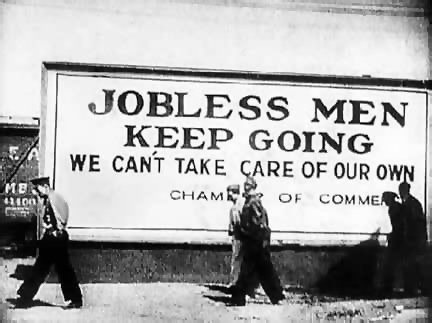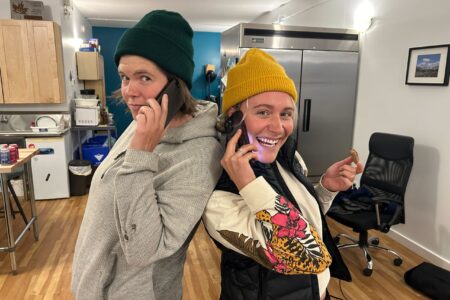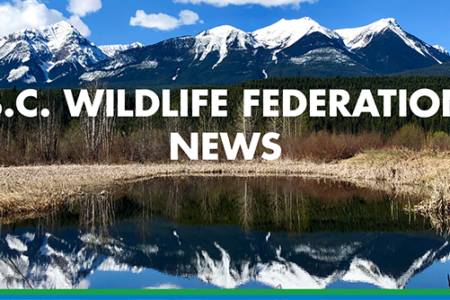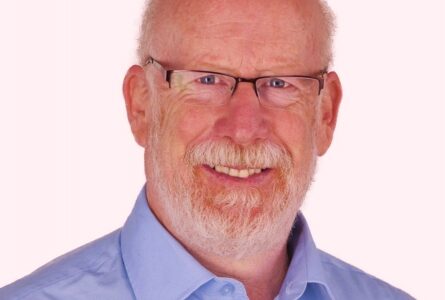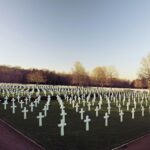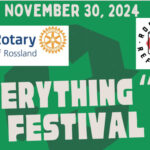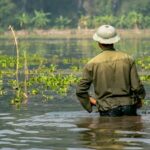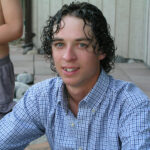Candidate Questions 2: What challenges should Rossland be prepared to face in coming years?
We live in increasingly uncertain times, politically, economically, and environmentally. And while Rossland is far from the centre of the world in terms of decisions that affect these challenges, we here at the Telegraph would feel a little less panicky if we had a local government that had some sense of how to react to inevitable changes and challenges.
With this in mind, we asked all nine declared candidates the following question: Where do you see the world going economically, socially, and environmentally? What challenges should Rossland be prepared to face in the coming years? So far, we’ve had four replies. As always, other candidates are invited to jump in with comments at any time!
DAVID KLEIN: The global economy is pretty slow, so we have to be attentive and active in our approach to our local and regional economies.
Socially, we seem to be coming more disconnected from our communities on a whole so I would hope that we start to change that for the better. For example, it seems that the communities are having a harder and harder time recruiting volunteers for events each year to do most anything, even when offered free food.
The culture of our communities makes us stronger. We have to continue educating and pro-actively supporting our environment, as it is the only one we have, and hopefully conservation and innovation become a more prominent direction to help the environment and ultimately ourselves.
LAURIE CHARLTON: I doubt that anyone can realistically predict where the world is going economically, socially, and environmentally. Locally, we have absolutely no control over such events.
Rossland will certainly be impacted by world financial crises and the best way to prepare for that is to reduce taxes. That will involve reductions in management staff and reductions in unnecessary capital expenditures. During the 1980s, significantly more development occurred in Rossland than is now happening. There were five people working in City Hall at that time. Now we have eleven.
We should also be looking at sharing services, such as the planning, building inspection, and emergency planning functions, with our neighbouring communities for a start. In the long term, amalgamation of all local communities could also result in decreased costs by the elimination of duplicate services.
Socially, Rossland will continue to be the friendly, welcoming community it has always been. And that’s a tribute to the people who live here. Many social services are the responsibility of the provincial government which is continually trying to download costs onto local taxpayers.. Although we would like to ensure those services are maintained, Rossland’s limited budget makes it extremely difficult. We can support those local volunteer organizations and individuals who do a wonderful job of providing services to others.
Environmentally, Rossland can prepare for the expected extreme weather variations that will be a consequence of climate change. We can’t control the climate but we can undertake to protect our water supply and distribution systems and to ensure that our sewer systems (sanitary and storm) function effectively and efficiently.
KATHY WALLACE: Big question. I support the Occupy movement and hope that it will cause a paradigm shift in how we place value on individuals’ contributions to society. Wealth needs to be more equitably dispersed so that basic needs are met for everyone. As for Rossland, a proactive stance is to continue to apply the community wisdom of the SSP to create a resilient city. The SC’s work to consider the impact of climate change and to prepare mitigation strategies is also important.
SHARON WIEDER: I believe that change starts at home and that Rossland can set an example of watching the pennies and the dollars will take care of themselves. Rossland has a stable base economically and socially. It needs to focus more on taking care of the environment and giving it more respect as it is a key resource for growing tourism and sustaining our desired lifestyle.
Recreation is a HUGE benefit of living in the Kootenay. We have a lot of organized programs in place. These cost a lot of money to maintain and require constant babysitting to keep pace. Why not take advantage more of the ‘natural’ opportunities like the pioneers did? Olaus Jeldness and many generations after him including people today ski without benefit of built infrastructure. Kids learn best through self-directed play. Be brave – Take them outside and see what happens. Trust your parental instincts to provide them with what you know and then learn and grow with them to discover what you don’t know.


